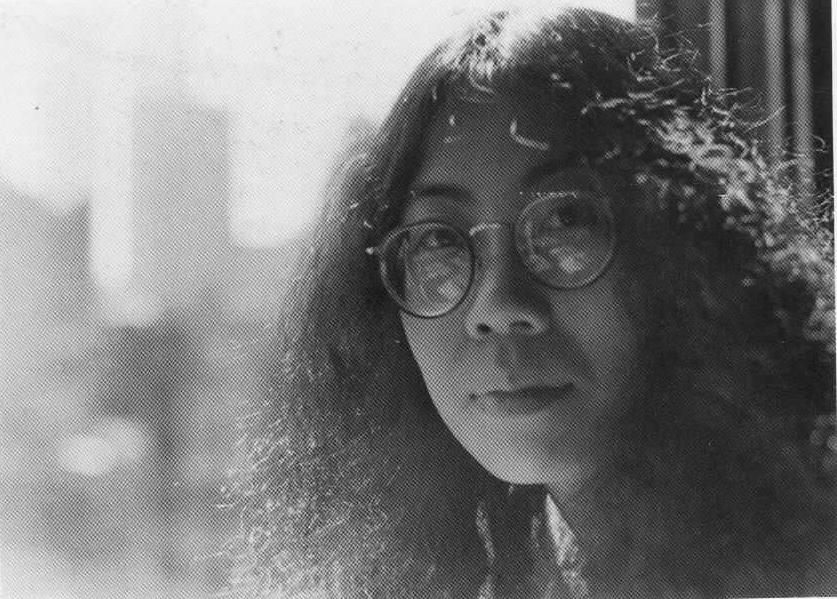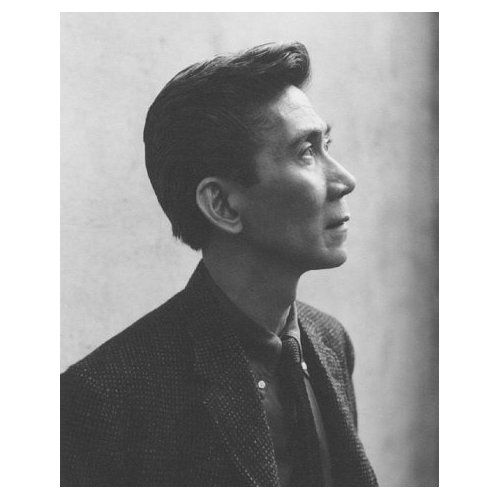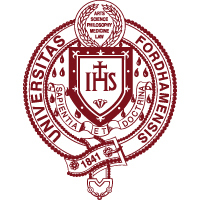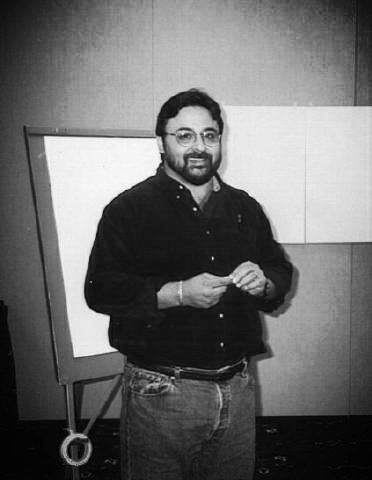HONOREE BIOGRAPHIES (UNDER CONSTRUCTION)
Fay Chiang has been a poet, visual artist, community and cultural activist in NYC Chinatown and the Lower East Side for the past 44 years. In the 1970s, Fay was executive director of the Basement Workshop, the first Asian American multidisciplinary cultural organization in NYC. Fay then worked at Henry Street Settlement, NY Newsday’s Public Affairs Office, Poets & Writers’ Readings/Workshops before joining Project Reach where she currently develops programs for young people at risk. Fay also volunteers for organizations focused on arts, economic justice, community safety, and community organizing.
Known as the “Pope of Greenwich Village,” Jose Garcia Villa had a special status as the only Asian poet among a group of modern literary giants in 1940’s New York that included, E. E. Cummings, Mark Van Doren, W. H. Auden, Tennessee Williams, and a young Gore Vidal. Villa was a global poet who was admired for “the reverence, the raptness, the depth of concentration in [his] bravely deep poems.
Vijit Ramchandani grew up in India and came to the United States in 1978. He described himself as a once-in-a-while poet, even though he had been writing for many years. He had read his poems on Minnesota Public Radio as well as many community events, including the Twin Cities protest cabaret against the play Miss Saigon.. Vijit worked at the Wilder Foundation as a management consultant for community organizations. A book of his poems, American Mango, was published posthumously.
Al Robles (1930-2009) was an influential Filipino American poet and community activist in San Francisco. Born in 1930, he grew up in the Fillmore district of San Francisco. As a community activist, he was instrumental in the political fight against the city to stop the demolition of the I-Hotel on Kearny Street. In his writing, Al Robles combined heritage with experience. As a beat-poet, Al’s poetry honored Filipino elders (Manongs) and also encouraged the younger generation to connect to their Filipino roots. Verses about traditional Filipino foods, community personalities in San Francisco resulted in countless poems, many of which were written on scraps of paper and napkins, filling the walls of his mind, and his life. His two published works are Looking for Ifugao Mountain: Paghahanap Sa Bundok Ng Ifugao 1977 by Children’s Book Press,’and Rappin’ with Ten Thousand Carabaos in the Dark, published (1992) by UCLA Asian American Writers Center.
The late Esther Torii Suzuki came to Macalester College in 1942 at the age of 16 from a Japanese detention camp in Portland, Oregon, where she was released specifically because of her acceptance to Macalester College. The first Japanese-American student at Macalester, Ms. Suzuki graduated from Macalester in 1946 with an honors degree in sociology. In the years following her graduation, Ms. Suzuki played many roles: community leader, volunteer, activist, and mentor. As a social worker for Ramsey County, Ms. Suzuki spent most of her career participating in civil rights groups and developing programs specifically to assist the Southeast Asian-American population. Later in her life, Ms. Suzuki established herself as a storyteller and writer and gave a voice to both the hardships and accomplishments she had encountered as a Japanese-American. Awarded the Macalester College Alumni Service Award in 1999, Ms. Suzuki passed away that same year. Catharine Deaver Lealtad and Esther Torii Suzuki received the Macalester College Board of Trustees Award for Meritorious and Distinguished Service on September 13, 2002.
Jeff Tagami was born in Watsonville, California, in 1954. Originally from the Philippines, Tagami’s parents immigrated to California from Hawaii, and Tagami’s work frequently describes the struggles of Asian agricultural workers in the region. Tagami attended Cabrillo College before moving to San Francisco in the 1970s. He earned his BA from the University of California-Santa Cruz and an MA from San Francisco State University, both in the 1990s. He published one collection of poetry, October Light (2002), and helped edit four anthologies. His poem “Song of Pajaro” was featured in the PBS documentary The United States of Poetry.































